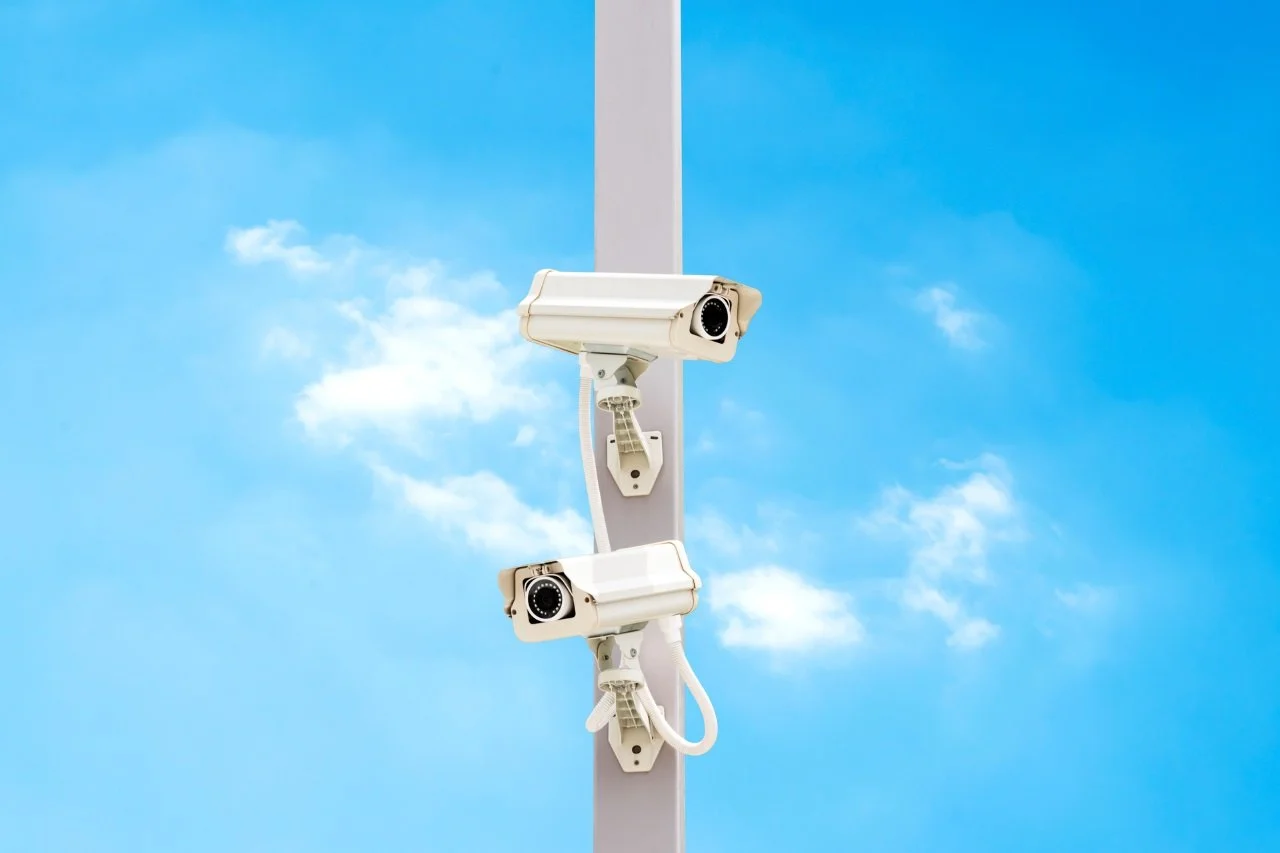Are CCTV cameras worth it?
In an age where security is a top priority for businesses and homeowners alike, the question often arises: are CCTV cameras worth the investment? As technology advances and security threats evolve, it's important to weigh the benefits and potential drawbacks of implementing a CCTV system.
What are CCTV cameras?
CCTV stands for Closed-Circuit Television, and these cameras are used to transmit video signals to a specific set of monitors. Unlike broadcast television, CCTV systems are designed for surveillance and security purposes, allowing you to monitor and record activity in and around your property.
Importance of security surveillance
In today's world, security surveillance has become increasingly important. Whether you're protecting a business, a public space, or your home, having eyes on your property can provide peace of mind and tangible benefits. CCTV cameras play a crucial role in this, offering a way to monitor activities, deter potential criminals, and gather evidence when needed.
That being said, there are many common misconceptions about CCTV cameras that might influence your decisions about whether to invest in them. It's important to separate fact from fiction when considering the value of these security tools.
Benefits of investing in CCTV cameras
Enhanced security
One of the primary benefits of CCTV cameras is the enhanced security they provide. By monitoring your property 24/7, these cameras can help you keep track of who's coming and going, identify suspicious activities, and respond quickly to potential threats.
24/7 surveillance
Unlike human security guards, CCTV cameras don't need breaks or sleep. They provide round-the-clock surveillance, ensuring that your property is monitored at all times. This constant vigilance can be particularly valuable for businesses that operate outside of regular hours or have valuable assets to protect.
Crime prevention
The mere presence of CCTV cameras can act as a powerful deterrent to potential criminals. Knowing they're being watched and recorded often discourages individuals from engaging in illegal activities.
Evidence collection
In the unfortunate event that a crime does occur, CCTV footage can provide key evidence for investigations. High-quality video recordings can help identify suspects, reconstruct events, and support legal proceedings, and this evidence can be invaluable for both law enforcement and insurance claims.
Remote monitoring
Many modern CCTV systems offer remote monitoring capabilities, allowing you to keep an eye on your property from anywhere in the world. Whether you're on vacation or managing multiple business locations, you can access live feeds and recorded footage from your smartphone or computer.
Employee productivity
For businesses, CCTV cameras can help monitor employee productivity and ensure adherence to company policies. While this benefit should be balanced with employee privacy concerns, it can be a useful tool for improving operational efficiency and addressing workplace issues.
Insurance premium reduction
Some insurance companies offer reduced premiums for properties with CCTV systems installed. The presence of cameras indicates a lower risk profile, which can translate into cost savings on your insurance policies.
Customer and staff safety
CCTV cameras can additionally enhance the safety of both customers and staff in retail and service environments. They can help prevent and resolve disputes, monitor for potential safety hazards, and provide a sense of security for everyone on the premises.
Potential drawbacks of CCTV cameras
Privacy concerns
One of the main concerns surrounding CCTV cameras is the potential invasion of privacy. It's crucial to strike a balance between security and respecting the privacy rights of individuals. In some cases, you may need to pixelate video online to protect sensitive information or identities.
Installation and maintenance costs
While CCTV cameras can provide long-term benefits, the initial installation costs can be significant. Additionally, ongoing maintenance and potential upgrades should be factored into your budget when considering the overall value of the system.
Limitations in effectiveness
It's important to recognize that CCTV cameras are not a foolproof solution. They may have blind spots, be affected by poor lighting conditions, or fail to capture crucial details. Understanding these limitations is key to setting realistic expectations for your security system.
Factors to consider before investing
Security needs
Assess your specific security needs. Are you looking to prevent theft, monitor employee activity, or enhance overall safety? Understanding your primary objectives will help you determine if CCTV cameras are the right solution for your situation.
Budget
Consider both the upfront costs and long-term expenses associated with CCTV cameras. This includes not only the cameras themselves but also installation, maintenance, and potential storage or monitoring fees.
Camera types and features
There are various types of CCTV cameras available, each with its own set of features. Consider factors such as image quality, night vision capabilities, and weather resistance when choosing the right cameras for your needs.
Recording and storage
Think about how you'll store and manage the footage captured by your CCTV cameras. Will you need cloud storage, on-site servers, or a combination of both? Factor in the costs and technical requirements of your chosen storage solution.
Legal and regulatory compliance
Be aware of the legal requirements and regulations surrounding CCTV usage in your area. This may include obtaining consent, posting notices, and ensuring proper data protection measures are in place.
Final thoughts
Are CCTV cameras worth it? The answer largely depends on your specific circumstances, needs, and budget. For many businesses and homeowners, the benefits of enhanced security, crime prevention, and peace of mind outweigh the potential drawbacks and costs.
When implemented thoughtfully and in compliance with relevant regulations, CCTV cameras can be a valuable addition to your overall security strategy. They provide a watchful eye when you can't be present and can significantly contribute to the safety and protection of your property and people.
As you consider whether CCTV cameras are right for you, take the time to assess your needs, research your options, and consult with security professionals if necessary. With careful planning and implementation, a CCTV system can provide substantial value and contribute to a safer, more secure environment.


